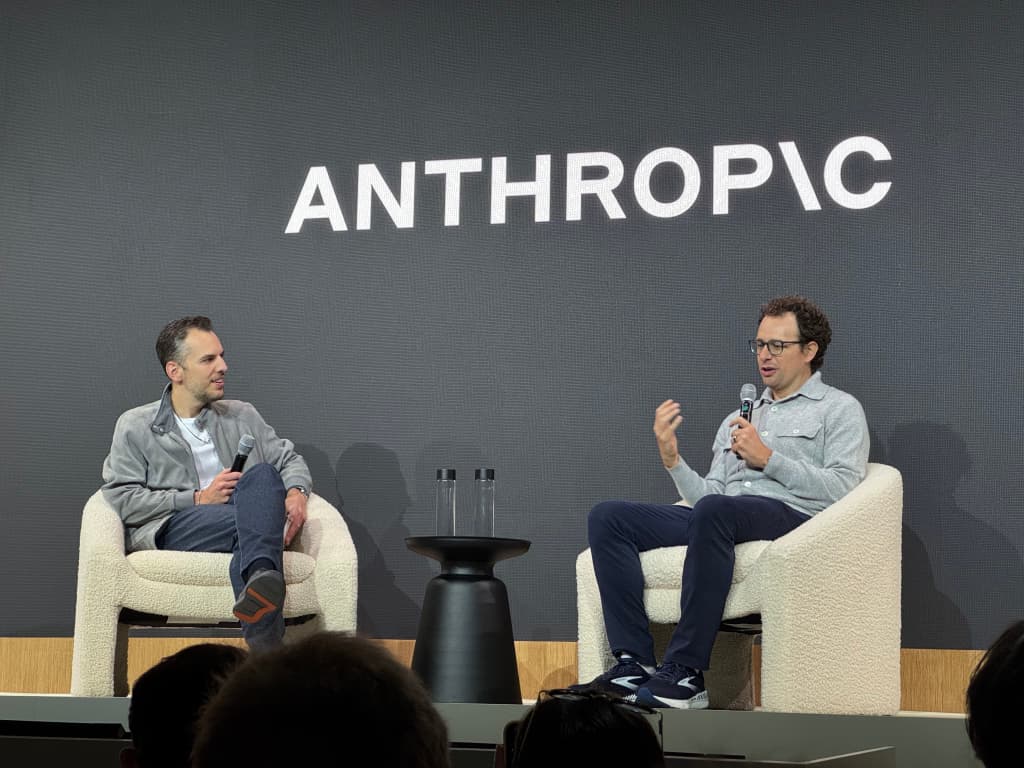We're loading the full news article for you. This includes the article content, images, author information, and related articles.
The new, more affordable AI model, which excels at software development, arrives as 96% of Kenyan firms adopt AI, potentially lowering a key barrier for local startups and accelerating the nation's digital strategy.

Global AI firm Anthropic has launched Claude Opus 4.5, its latest and most powerful artificial intelligence model, at a significantly reduced price. The move is poised to have a substantial impact on Kenya's burgeoning technology sector, where the high cost of accessing advanced AI has been a primary obstacle for startups and developers.
Anthropic announced the release on Monday, November 24, 2025, positioning the new model as the world's best for coding, powering AI agents, and complex computer use. The company slashed the price for its top-tier model by approximately 67%, with API access now costing $5 per million input tokens and $25 per million output tokens, down from the previous $15 and $75 respectively. This price reduction makes state-of-the-art AI more accessible to a broader range of users, from individual developers to large enterprises.
The launch comes at a critical time for Kenya, which is aggressively pursuing a digital transformation agenda. According to a November 2025 study by Arion Research LLC, an overwhelming 96% of Kenyan organizations have already started their AI journey, with 51% prioritizing investment in AI for software development. This high adoption rate underscores a strong commitment to leveraging technology for growth, yet cost remains a significant hurdle. The same study identified high costs as a barrier for 43% of Kenyan organizations and a lack of technical expertise for 49%.
For years, African startups, including those in Nairobi's 'Silicon Savannah', have faced the challenge of high operational costs associated with using AI models developed abroad. A 2023 survey found that 82% of African startups depended on foreign APIs for core business functions, with the dollar-denominated costs creating significant financial strain. The price cut for a powerful model like Claude Opus 4.5, which has demonstrated state-of-the-art performance on software engineering benchmarks like SWE-Bench, could be a game-changer. It directly addresses the cost barrier, enabling Kenyan developers and startups to build more sophisticated applications, automate complex processes, and compete on a more level global playing field.
This development aligns directly with the goals of Kenya's National AI Strategy (2025–2030), which was launched in early 2025. The strategy aims to position Kenya as a regional leader in AI research, innovation, and application by focusing on digital infrastructure, data ecosystems, and talent development. Cheaper access to frontier AI models can accelerate these goals, empowering local talent to create localized solutions in priority sectors like financial services, agriculture, and healthcare.
Anthropic has already shown interest in the African continent. In a significant move on November 17, 2025, the company announced a partnership with the Rwandan Government and African tech training provider ALX to deploy 'Chidi', an AI learning companion built on Claude, to hundreds of thousands of learners across Africa. With ALX having a significant presence in Nairobi, this initiative is already set to enhance AI skills among Kenyan youth, creating a talent pool ready to leverage more accessible tools like Claude 4.5.
While the opportunities are significant, the increased accessibility of powerful AI also brings challenges to the forefront. The rise of AI has sparked a global conversation about its impact on employment. In Kenya, while AI is seen as a tool to augment developers' capabilities—handling repetitive tasks and accelerating debugging—concerns about job displacement persist. Furthermore, the AI industry's reliance on a global workforce for data labeling and content moderation, often in countries like Kenya, has raised ethical questions about labor practices, pay, and the psychological toll on workers. Reports from 2023 and 2024 highlighted cases where Kenyan workers for major AI companies faced low wages and exposure to traumatic content.
As Kenya integrates these advanced tools more deeply into its economy, its robust data privacy framework will be crucial. The Kenya Data Protection Act has already positioned the country as a leader in privacy-conscious AI adoption, with 82% of firms reporting strengthened privacy safeguards since implementing AI, according to the Arion Research study. This focus on governance will be vital in navigating the ethical complexities of more powerful and widespread AI.
The launch of a cheaper, more powerful Claude Opus 4.5 on Tuesday, November 25, 2025, at 00:35 EAT, marks a pivotal moment. For Kenya's tech ecosystem, it represents a significant reduction in the cost of innovation, potentially unleashing a new wave of development and helping to realize the ambitious vision laid out in its national AI strategy.
Keep the conversation in one place—threads here stay linked to the story and in the forums.
Sign in to start a discussion
Start a conversation about this story and keep it linked here.
Other hot threads
E-sports and Gaming Community in Kenya
Active 9 months ago
The Role of Technology in Modern Agriculture (AgriTech)
Active 9 months ago
Popular Recreational Activities Across Counties
Active 9 months ago
Investing in Youth Sports Development Programs
Active 9 months ago